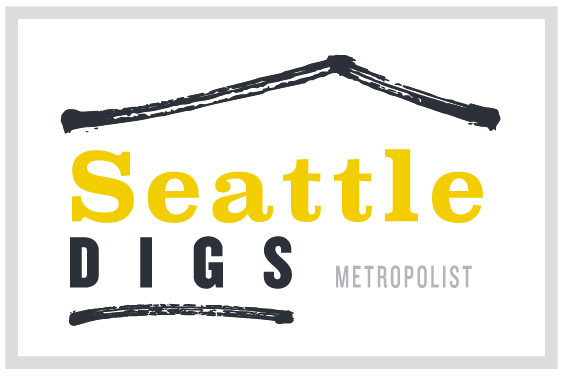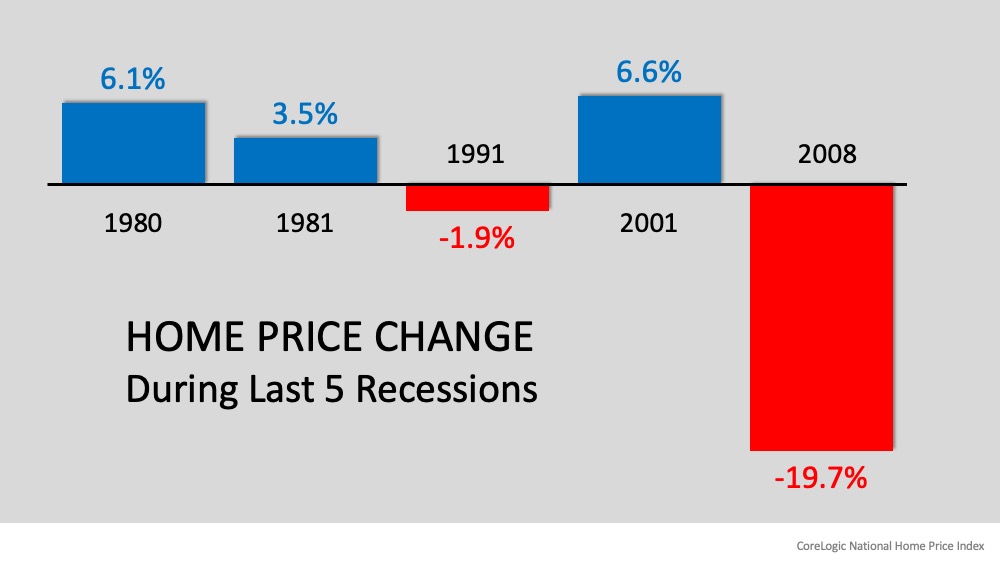Meet Sarah Georger-Clark, Metropolist Broker
Sarah Georger-Clark joined Metropolist in February. She started her real estate career at Keller Williams in 2013 as a buyer’s agent, and shortly thereafter became an independent broker at Windermere.
Why real estate?
I got into the real estate business because I enjoy variety—the excitement of not knowing what the week will bring, meeting new people, and witnessing beauty. I want to be a piece of the puzzle to ensure my client’s successes. I am offered a window into people’s lives, and together we experience an adrenaline rush; the down-to-the-wire offer moment and the celebration that follows, or the surprise offer that opens the door to their future. I have the opportunity to experience life’s biggest moments; to witness and be a part of my client’s memories, every day.
Why Metropolist?
Metropolist offers space for me to appreciate my clients in a unique way that aligns with my ideas and style. I appreciate how accessible the ownership is; how nimble they are with change and their openness to new ideas.
Here, I am energized. I have the freedom to express my personal brand and infuse who I am into the work I do. Metropolist is first about relationships; they are generous with their time and encourage collaboration to foster success, so every agent is able to best serve our clients.
Metropolist cares. They work in creative ways to encourage participation in our communities, interface with colleagues, and focus on business—especially now, with the pandemic affecting all of us. We need each other. They inspire, strengthen and support agents wherever they are in their process. I have the freedom to learn, create, mentor, and teach through various weekly meetings or classes. When I need connection, help, or have something to bring to the table, I am welcomed with enthusiasm. I don’t have to be a lone wolf if I don’t want to be.
Metropolist is there for agents the way I am there for my clients. For me, it was a big decision; a refreshing change for my business and personal life.
What are you looking forward to with Metropolist?
I’m excited to be part of Metropolist’s growth; to collaborate with new and seasoned agents. We all have something we can learn from, and teach to, each other. The office environment encourages this kind of teamwork and brings the fun back to real estate. They make room, literally and figuratively (my files, marketing materials, and “stuff” is stored on site, and easily accessible) for ideas and new points of view.
We truly are in this together. I can’t help but feel supported. My business continues to evolve and thrive, and Metropolist made the transition seamless.
You’re invited!
Check out Metropolist’s virtual Skills and Contracts classes on Mondays, and participate in our weekly Production Meeting on Zoom, Wednesdays at 10:00 a.m. Come to connect, sharpen your skills, add to your toolkit, and find accountability to the business you love.
Not loving your business right now?
We have ideas, recommendations, and best practices to offer during COVID-19 and beyond to help you be productive, work smarter not harder, and thrive no matter what comes next. We’re in this together, so join us for conversation and support.












